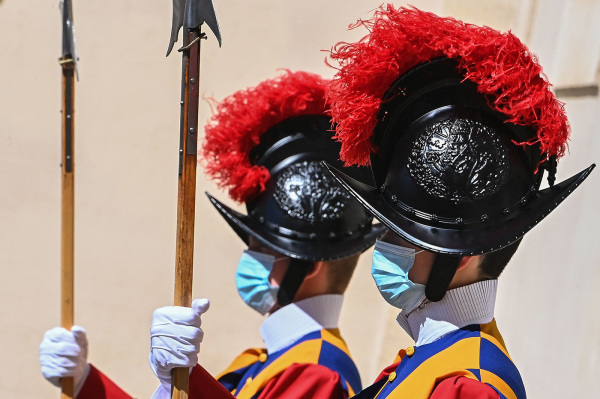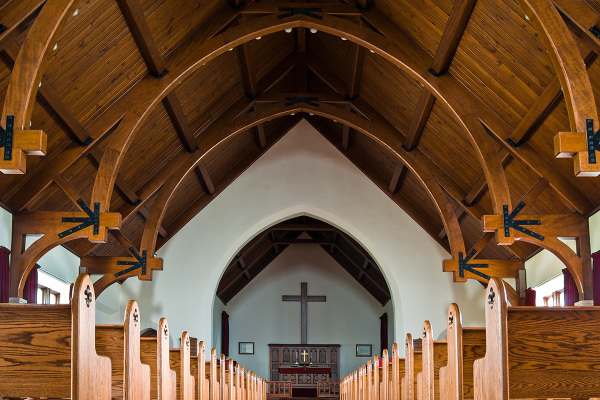George Washington University to Host 'Christian Privilege' Workshop Days After Easter

Just four days after Easter, George Washington University will host a training session open to students and faculty to teach them about "Christian privilege" in America.
On Thursday, the Washington, D.C. school's Multicultural Student Services Center will host a 90-minute training session titled "Christian Privilege: But Our Founding Fathers Were All Christian, Right?!"
"How do Christians in the USA experience life in an easier way than non-Christians?" a description of the training session asks. "Even with the separation of Church and State, are there places where Christians have built-in advantages over non-Christians?"
According to a online description, the training session seeks to discuss how "we celebrate Christian identities and acknowledge that Christians receive unmerited perks from institutions and systems all across our country."
The session will be a facilitated discussion accompanied by a PowerPoint presentation. The session will allow for audience questions throughout. It will be held from 5 p.m. to 6:30 p.m.
"Let's reflect upon ways we can live up to our personal and national values that make room for all religious and secular identities on an equal playing field," the center's website explains.
The learning objectives for the session state that those who partake will leave being able to list at least three examples of Christian privilege and list at least three ways to be an "ally with a non-Christian person."
The learning objectives also indicate that the session will touch on the topic of "white privilege," as participants "will be able to describe the role of denial when it comes to white privilege."
"Participants will be able to differentiate between equality and equity," the learning objectives explain, adding that participants will learn about various terms including "bias" and "microaggression."
The Christian Post reached out to the GWU Multicultural Student Services Center for additional details about the session. A response is pending.
According to the center's website, the "White Privilege" session was created by the center's associate director, Timothy Kane, who is also the interim associate director for inclusion initiatives at GW.
"Timothy, who has a master's degree in divinity and theology, is dedicated to ensuring that all types of diversity at GW are celebrated and meant to feel included in campus culture and student life," Kane's bio page reads. "Timothy is a proud gay member of the LGBT community as GW. His master's thesis was titled 'Solidarity as the Greatest Hope for the Gay and Lesbian Community.'"
Earlier this year, another higher education institution warned about "Christian privilege" in its "Anti-Oppression Library Guide."
Librarians at Simmons College in Boston highlighted "Christian privilege" and "Christian fragility" in the library guide's section on Islamomisia, which essentially means hatred of Islam.
"Christianity's religious dominance in the U.S. allows most American Christians to live in social environments that insulate them from challenging encounters with beliefs or people who differ from themselves," the guide states. "Within this dominant social environment, Christians come to expect social comfort and a sense of belonging and superiority. When this comfort is disrupted, Christians are often at a loss because they have not had to build skills for constructive engagement with difference. They may become defensive, positioning themselves as victims of anti-Islamomisic work and co-opting the rhetoric of violence to describe their experiences of being challenged on religious privilege."
According to the guide, some examples of Islamomisia include saying "God bless you" when someone sneezes.





















